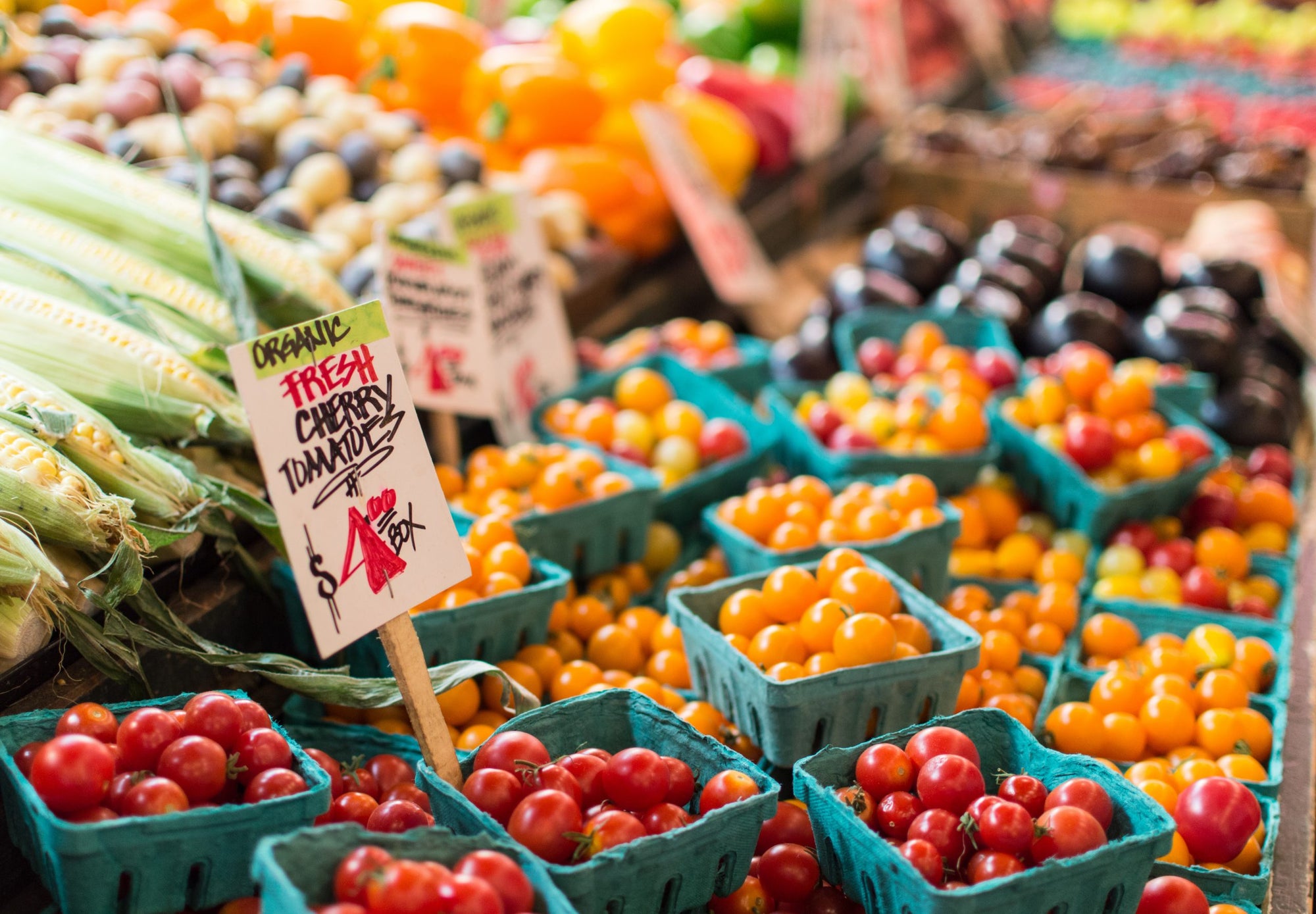

The Dirty Dozen: Boochcraft's Guide to Buying Organic Produce
It's a new year which means it's a new list of the dirtiest fresh foods. This list includes the top twelve veggies and fruits found to have the highest amount of pesticide residue, including strawberries, spinach, and kale. In addition to this, we have added "The Clean 15"---the fruits and veggies with the least amount of pesticides, according to the Environmental Working Group (EWG). About 70 percent of fruits and veggies sold in the U.S. comes with pesticide residues, according to EWG’s analysis of test data from the Department of Agriculture. According to the EWG, the USDA found 225 different pesticides and pesticide breakdown products on popular produce Americans eat every single day. Keep in mind all produce was washed and peeled before testing, which reveals simple at-home washing (or the famous rub the fruit on your shirt move) does not remove all pesticides. Freaky, right? For the fourth year in a row, strawberries rank #1. USDA tests found that strawberries were the fresh produce item most likely to be contaminated with pesticide residues, even after they are picked, rinsed, and washed before eating. According to EWG's analysis, conventionally grown strawberries tested by scientists at the USDA contained about 7.8 different pesticides, compared to 2.2 pesticides per sample for all other produce! The rest of the list is nearly identical to the past few years, though there's a newcomer--our beloved kale! This is the first time in over a decade kales has made the dirty dozen list. Nearly 60% of kale sold in the U.S. were contaminated with residues of a pesticide called DCPA, which the EPA considers a possible human carcinogen (EWG's analysis of Department of Agriculture test data). With that said, we are definitely not throwing in the towel on kale. Kale is a super nutritious vegetable, high in vitamins A and K and iron, and consumption of leafy greens is associated with reduced risk for cardiovascular disease. As with all produce, EWG recommends kale that's organically grown. We also recommend consuming it with foods rich in Vitamin C such as lemon juice, red peppers or tomatoes, which help the body absorb kales many nutrients. We're going to take a second to mention apples too: most conventionally grown apples are covered in diphenylamine, an antioxidant chemical treatment used to prevent the skin of apples in cold storage from changing colors and developing brown or black patches. The EWG also recommends definitely consuming organically grown apples because of this.
The Clean 15:
- Avocados
- Sweet corn
- Pineapples
- Frozen sweet peas
- Onions
- Papayas
- Eggplants
- Asparagus
- Kiwis
- Cabbages
- Cauliflower
- Cantaloupes
- Broccoli
- Mushrooms
- Honeydew melons
Less than 10% of us are actually meeting our needs for recommended servings of vegetables and fruit
Key findings (https://www.ewg.org):
-Avocados and sweet corn were the cleanest. Less than 1 percent of samples showed any detectable pesticides. -More than 70 percent of Clean 15 fruit and vegetable samples had no pesticide residues. -Besides cabbage, all other produce on the Clean 15 tested positive for less than four pesticides. -Multiple pesticide residues are very rare on Clean 15 vegetables. Only 6% of Clean 15 fruit and vegetable samples had two or more pesticides. All in all, the residue found in the Dirty Dozen was still below safety guidelines, and the health benefits of eating produce are said to outweigh the risks. Keep in mind that less than 10% of Americans are meeting our nutritional needs for recommended servings of vegetables and fruit! So, eat more! Instead of chips and crackers, opt for organic produce chopped and paired with hummus. Also opt for more fiber! Apples over apple juice, oranges over orange juice, etc etc.Did you know Boochcraft is the only hard kombucha brewery in the world that has an in house juicery? That means we juice all of our organic produce on site, ensuring the highest quality flavor and nutrients. Check out more about our process here.



